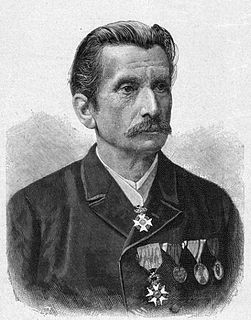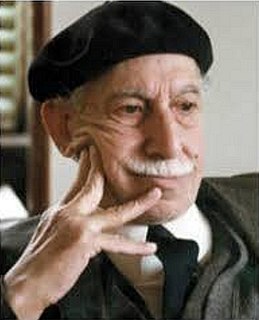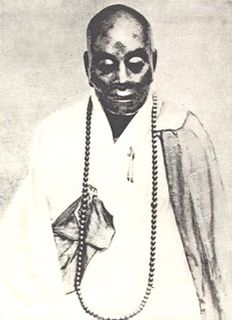A Quote by Gautama Buddha
Do not vainly lament, but do wonder at the rule of transiency and learn from it the emptiness of human life. Do not cherish to unworthy desire that the changeable might become unchanging.
Quote Topics
Related Quotes
I have found strength where one does not look for it: in simple, mild, and pleasant people, without the least desire to rule -- and, conversely, the desire to rule has often appeared to me a sign of inward weakness: they fear their own slave soul and shroud it in a royal cloak (in the end, they still become the slaves of their followers, their fame, etc.)
Japan today has become acquainted with the Western civilization of the rule of Might, but retains the characteristics of the Oriental civilization of the rule of Right. Now the question remains whether Japan will be the hawk of the Western civilization of the rule of Might, or the tower of strength of the Orient.
10 Rules for Being Human: Rule #1 - You will receive a body. Rule #2 - You will be presented with lessons. Rule #3 - There are no mistakes, only lessons. Rule #4 - The lesson is repeated until learned. Rule #5 - Learning does not end. Rule #6 - "There" is no better than "here". Rule #7 - Others are only mirrors of you. Rule #8 - What you make of your life is up to you. Rule #9 - Your answers lie inside of you. Rule #10 - You will forget all this at birth.
In the past, traditional art was based on making manifest what is enduring in man, like love, jealousy, hatred, envy, and greed... . Today art has to look again at these unchanging qualities, because society is no longer unchanging. It is up to art today to show us what has become of these unchanging qualities in a world which is moving and changing.
The Roman rule was, to teach a boy nothing that he could not learn standing. The old English rule was, "All summer in the field, and all winter in the study." And it seems as if a man should learn to plant, or to fish, or to hunt, that he might secure his subsistence at all events, and not be painful to his friends and fellow men.
The capacity of the mind is broad and huge, like the vast sky. Do not sit with a mind fixed on emptiness. If you do, you will fall into a neutral kind of emptiness. Emptiness includes the sun, moon, stars, and planets, the great earth, mountains and rivers, all trees and grasses, bad people and good people, bad things and good things, heaven and hell; they are all in the midst of emptiness. The emptiness of human nature is also like this.
































